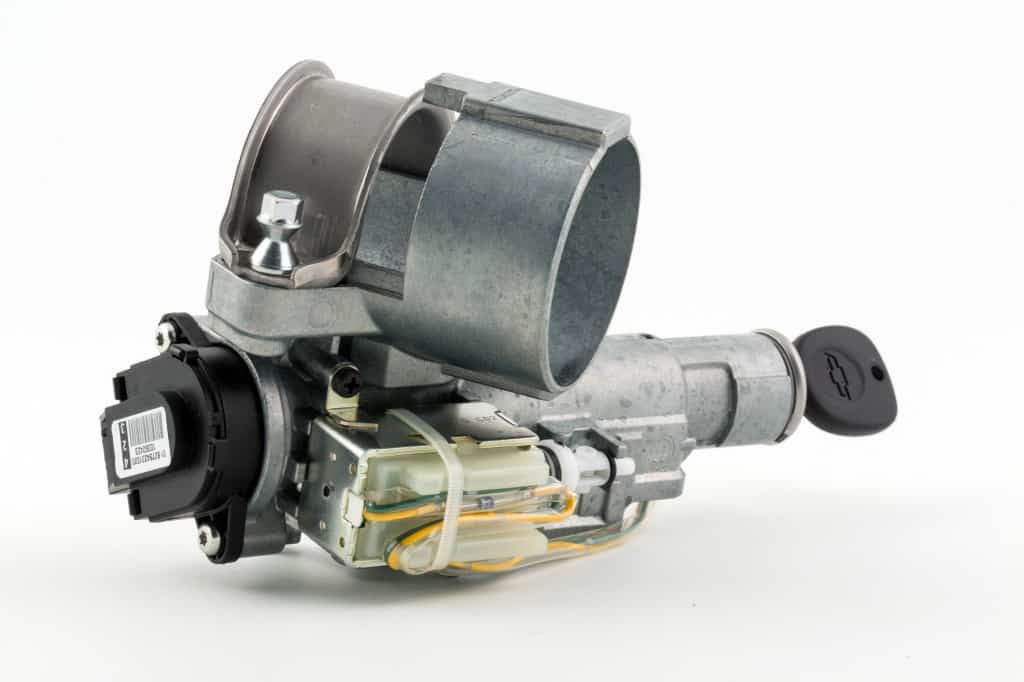
Kenneth Feinberg, the attorney overseeing the General Motors compensation fund, has so far linked 19 deaths to a serious flaw with the ignition switches, a higher number than the 13 deaths GM had acknowledged in crashes resulting from the switch problem. The fund has received 125 death claims and 320 injury claims in the five […]
 Kenneth Feinberg, the attorney overseeing the General Motors compensation fund, has so far linked 19 deaths to a serious flaw with the ignition switches, a higher number than the 13 deaths GM had acknowledged in crashes resulting from the switch problem.
Kenneth Feinberg, the attorney overseeing the General Motors compensation fund, has so far linked 19 deaths to a serious flaw with the ignition switches, a higher number than the 13 deaths GM had acknowledged in crashes resulting from the switch problem.
The fund has received 125 death claims and 320 injury claims in the five weeks it has been operating. Feinberg has found 31 claims eligible for compensation, CNN Money reports.
“Already there are more deaths than GM said from day one,” Feinberg told CNN Money. Under the terms of the fund, the families of those who died can collect $1 million, plus an estimate of the victim’s future earnings and $300,000 each for a surviving spouse and dependents. Feinberg has also identified four people who suffered severe injuries and eight others with less serious injuries. Compensation for injuries varies from $20,000 for the least serious injuries to $500,000 for victims who spent more than a month in the hospital.
Feinberg said his program’s death number differs from GM’s because the automaker required its engineers to determine “with certainty” that the defective ignition switch had caused the fatal crash. The company count included only front seat occupants in head-on crashes where the front air bags did not properly deploy. Claims to the fund must prove the defective ignition switch was a “proximate cause” of their accident, a legal standard that is easier to meet than GM’s standard. In setting up the fund, GM agreed to give Feinberg independent authority to determine eligibility, and the company placed no limit on how much might be paid out, according to CNN Money. But those who accept compensation must agree not to sue GM.
GM first knew of the ignition switch defect ten years ago but did not publicly acknowledge the problem until February of this year, CNN Money reports. This year, the company has recalled 2.6 million cars because of the problem. The ignition switch in small Chevrolet, Pontiac, and Saturn cars can move out of the run position if the key is jostled, shutting off the engine and disabling the power steering, anti-lock braking, and air bags.


